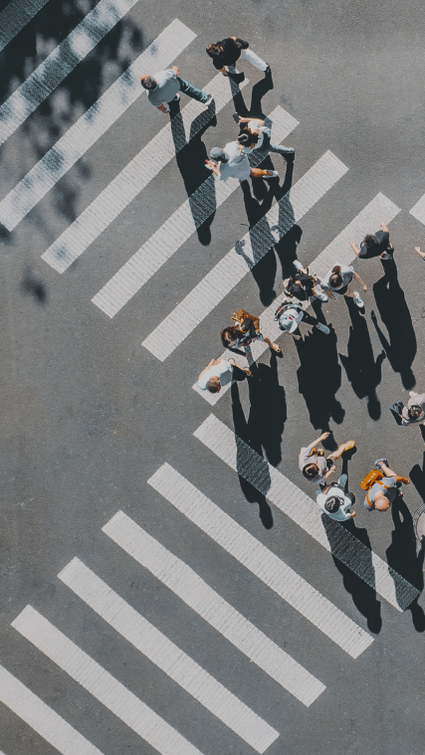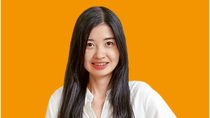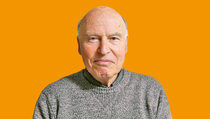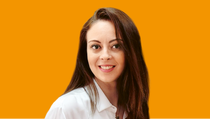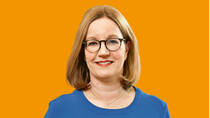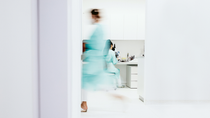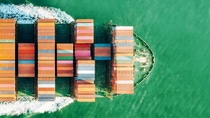Media
Beware the infodemic

Do experts such as governments, public health institutions and medical professionals do a good job of communicating risks?
Risk communication plays a vital part in many institutional settings, more so today with the threat of misinformation. Allocating time and resources to risk communication training and education for experts, policymakers and health professionals can be a vital way to improve the way they interact and engage different groups of people. Beyond communicating risk, experts should also think about what access and levels of information different audiences have. Filling in the informational gaps can not only help people understand risk in their own context, but also empower them to make informed choices in situations where they may not have access to healthcare professionals or institutions.
Can you give an example of successful risk communication efforts in the field of public health?
One example was the initial outbreak of COVID-19 among migrant workers in Singapore. A lack of consideration of language barriers and understanding of migrant communities were just some factors which contributed to this. However, once these and other gaps were identified by local authorities, appropriate strategies were implemented, including providing multilingual health information and disseminating information across various channels including social media, and working with community leaders of different migrant groups.
Do risk communication efforts sometimes go wrong?
An example of poor risk communication was Australia’s use of a fear-centered video campaign to communicate the importance of getting vaccinated against COVID-19 in July 2021. The health authorities recommended mRNA vaccines to young adults. However, there was a shortage of the vaccines during the campaign. This resulted in increased anxiety and panic, especially among young people, instead of the intended adoption of the vaccination.

The risks we must consider in our lives – how are they changing?
Focusing on health, we are living in a dynamic world, and our health has undeniable links to the climate and the environment we share. For example, rising temperatures may increase the transmission of diseases such as malaria. Conversely, modern medical advances mean there are new possibilities when it comes to reducing the risks related to certain illnesses. As society progresses and our knowledge increases, we must accept that the risks are also progressing. Information is power. In order to stay one step ahead of evolving risks, people need to keep abreast of the happenings in the world around them. It might seem an impossible task but thankfully, access to knowledge has increased dramatically.
In a fast-changing world, what can we do to make better decisions?
Accessing information from reliable sources and keeping informed on the changes of the world is essential for us to update our understanding of risks in our life. At the same time, we must be mindful about an infodemic – an excessive amount of information about an issue that is typically unreliable, spreads rapidly, and makes a solution more difficult to achieve. An over-exposure of information from different sources with varying reliabilities may lead to unfavorable outcomes such as confusion, anxiety and stress.
